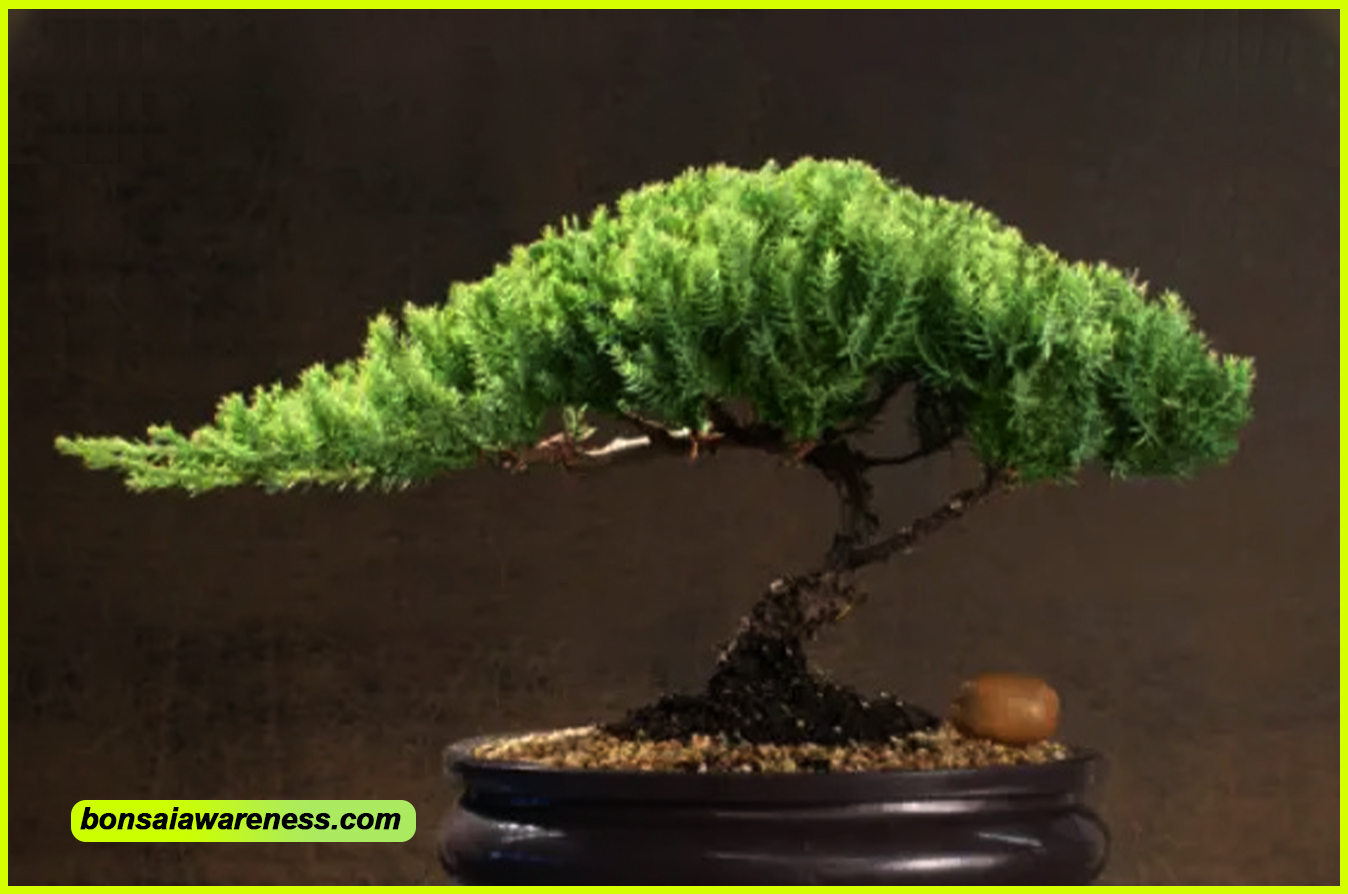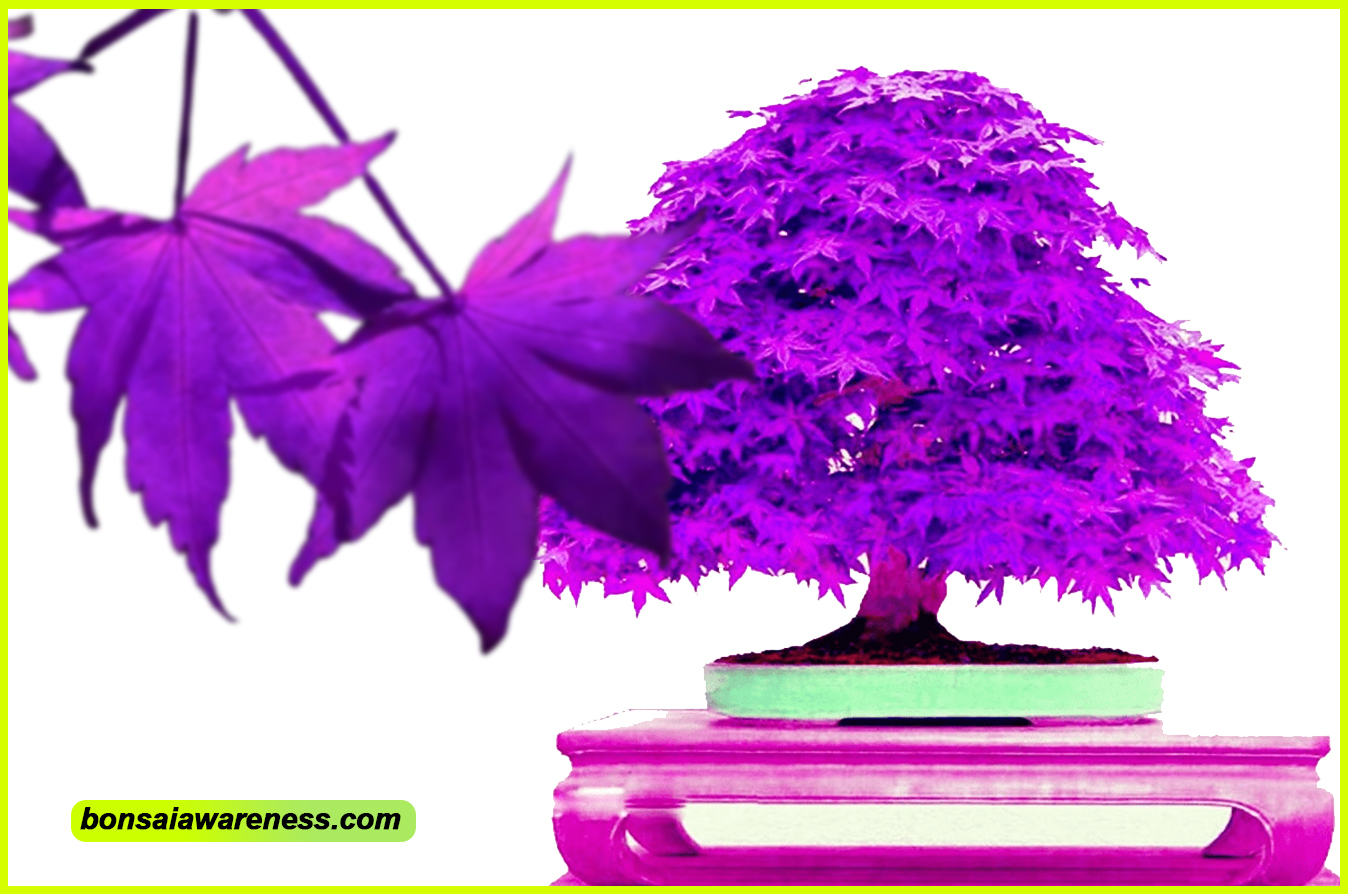Plant food for bonsai tree is essential for their growth and maintenance. A good fertilizer can provide the necessary nutrients for optimal health and encourage proper development of roots, leaves, and flowers.
Additionally, the right plant food can help enhance the overall aesthetic appeal of bonsai trees. It is important to choose a fertilizer specifically designed for bonsai trees and follow the recommended feeding instructions to avoid over-fertilization. Providing the proper plant food regularly will ensure that your bonsai tree remains healthy and vibrant for years to come.
Benefits Of Using Plant Food For Bonsai Tree
Using plant food for your bonsai tree has several benefits that can improve its overall health and boost its growth and development. Firstly, plant food provides essential nutrients, such as nitrogen, phosphorus, and potassium, which are necessary for the tree’s growth. These nutrients promote healthy root development and contribute to the production of strong branches and vibrant leaves. In addition, plant food enhances the tree’s natural ability to resist diseases and pests, which can ensure its long-term survival. Moreover, regularly feeding your bonsai tree can help to regulate its hydration levels, preventing both overwatering and underwatering. This is crucial for maintaining the tree’s health and vitality. By using plant food, you can ensure that your bonsai tree receives the necessary nutrients it needs to thrive, resulting in a beautiful and resilient tree that you can enjoy for years to come.
Essential Nutrients For Bonsai Tree Growth
Bonsai trees require essential nutrients to foster optimal growth. Providing a balanced plant food rich in nitrogen, phosphorus, and potassium is crucial for their development. These nutrients support the tree’s overall health and promote strong roots, vibrant foliage, and beautiful blooms.
Nitrogen:
Bonsai trees require nitrogen for healthy growth and vibrant foliage. Nitrogen plays a vital role in the production of chlorophyll, the pigment responsible for photosynthesis. This nutrient enables the bonsai tree to generate energy, which fuels its growth and development. It promotes leaf and stem growth, contributing to an overall aesthetically pleasing appearance of the tree. Lack of nitrogen can lead to yellowing leaves and stunted growth. It is important to use a nitrogen-rich fertilizer specifically formulated for bonsai trees to maintain the proper balance of nutrients.
Phosphorus:
Phosphorus is another essential nutrient for bonsai trees. It aids in root development, flowering, and fruiting. Phosphorus is crucial during the establishment of young bonsai trees, as it helps in the establishment of a strong root system. This nutrient also enhances flower production and encourages fruit development. A lack of phosphorus can lead to weak root systems, poor flowering, and limited fruiting. Ensure your bonsai tree receives adequate phosphorus through a balanced fertilizer to support healthy growth and blooming.
Potassium:
Potassium is important for the overall health and vigor of bonsai trees. It strengthens the cell walls, improves drought tolerance, and plays a role in disease resistance. Potassium aids in photosynthesis and the movement of water and nutrients throughout the tree. It contributes to flowering, fruiting, and overall plant hardiness. Deficiency of potassium can result in weak stems, poor flowering, and increased susceptibility to pests and diseases. A fertilizer containing potassium should be applied to maintain optimal levels and support the overall health of your bonsai tree.
Choosing The Right Plant Food For Bonsai Tree
Understanding NPK Ratio: When choosing plant food for your bonsai tree, it’s crucial to understand the NPK ratio, which indicates the levels of nitrogen, phosphorus, and potassium in the fertilizer. These nutrients support healthy growth and development.
Organic vs. Synthetic Options: You also need to consider whether to use organic or synthetic plant food. Organic options are derived from natural sources and promote long-term soil health, while synthetic fertilizers provide immediate nutrient availability.
Best Practices For Feeding Bonsai Trees
Feeding bonsai trees is an essential part of their care routine. The frequency of feeding depends on several factors, including the type of bonsai and the time of year. As a general rule, fertilizing a bonsai tree every two weeks during the growing season is recommended. This allows the tree to receive a constant supply of nutrients without overwhelming it. However, it’s crucial to keep in mind that overfeeding can be detrimental to the tree’s health. Using a balanced and slow-release fertilizer is advised to prevent excessive nutrient uptake. By following these best practices, you can ensure that your bonsai tree receives the necessary nourishment it needs to thrive and grow harmoniously.
Diy Plant Food Recipes For Bonsai Trees
Discover easy and effective DIY plant food recipes to nourish your bonsai trees, promoting healthy growth and vibrant foliage. Give your bonsai the nutrients it needs to thrive with these simple homemade solutions.
Simple Homemade Fertilizer
Bonsai trees require proper nourishment to thrive, and using homemade plant food can be a cost-effective and sustainable way to provide them with essential nutrients. One simple DIY fertilizer for bonsai trees is natural compost tea. This nutrient-rich mixture is made by steeping compost in water, creating a natural concoction that enhances soil fertility. To make compost tea, fill a container with water and add a handful of well-rotted compost. Let it steep for a few days, stirring occasionally. Once the mixture has a rich, earthy odor, strain it into a separate container. Dilute the compost tea with water until it looks like weak tea and use it to water your bonsai tree. This homemade fertilizer is gentle yet effective, promoting healthy growth and vibrant foliage.
Frequently Asked Questions On Plant Food For Bonsai Tree
What Is The Best Plant Food For Bonsai Trees?
The best plant food for bonsai trees is a balanced fertilizer that provides essential nutrients. It helps maintain healthy growth, vibrant leaves, and strong roots. Regular application according to the package instructions will ensure the bonsai receives the necessary nutrition for optimal health and longevity.
Can I Use Miracle Grow On Bonsai Tree?
Yes, you can use Miracle-Gro on bonsai trees. It provides essential nutrients for healthy growth.
When Should You Not Fertilize A Bonsai Tree?
Avoid fertilizing a bonsai tree when it is stressed, during dormancy, immediately after repotting, or when the soil is already rich in nutrients. Overapplication can harm the tree, so follow the instructions for your specific bonsai variety.
How Do You Feed An Indoor Bonsai Tree?
To properly feed an indoor Bonsai tree, use a balanced liquid fertilizer once every 2 weeks during the growing season. Dilute the fertilizer according to the package instructions. Apply it to the soil around the tree, making sure not to overfeed.
Regularly check the tree for signs of nutrient deficiency or excess.
Conclusion
Choosing the right plant food for your bonsai tree is crucial for its health and growth. By providing the necessary nutrients, you can ensure that your bonsai thrives and remains vibrant for years to come. Remember to follow the specific feeding instructions and monitor your tree’s progress regularly.
With the right care, your bonsai will flourish beautifully.


Leave a Reply